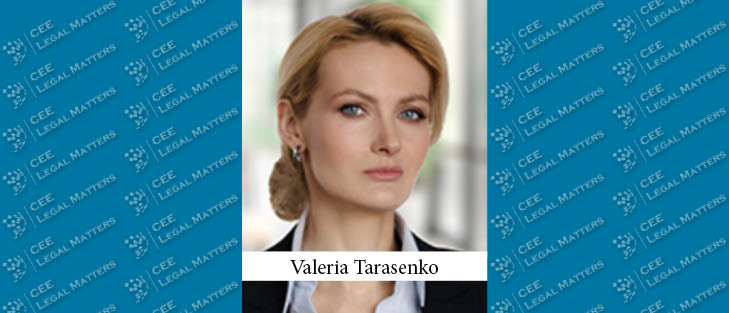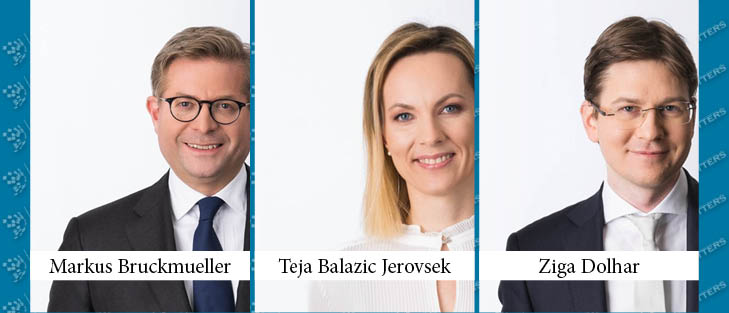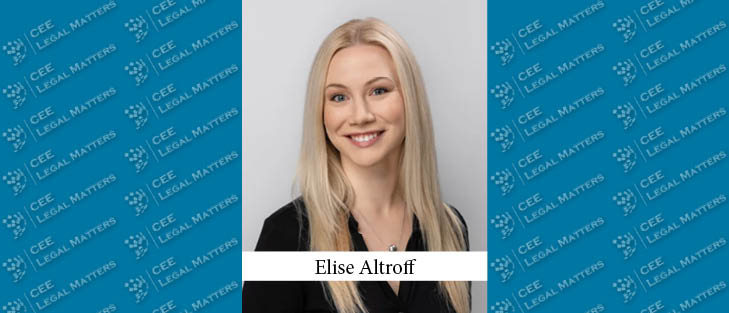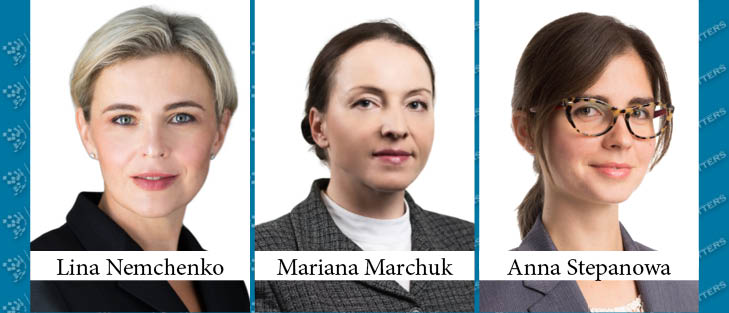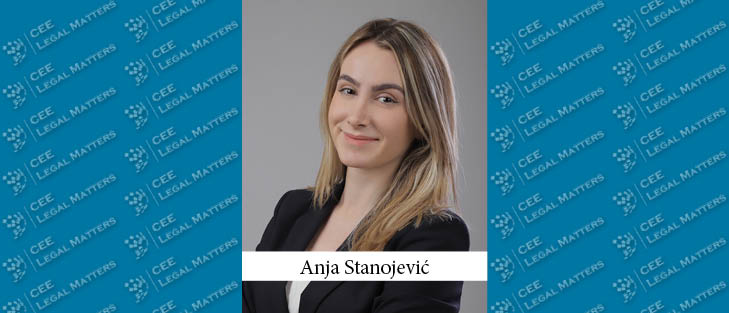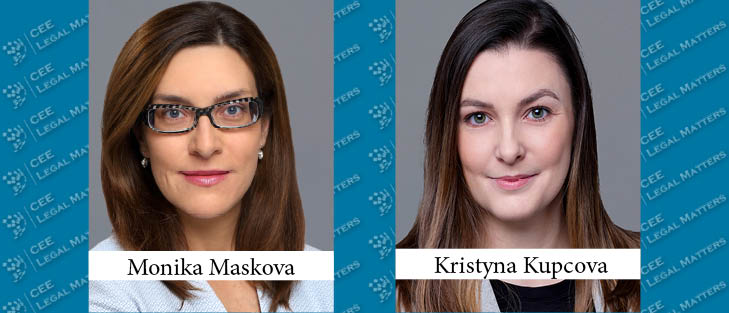Montenegro is not a member state of the European Union but rather a candidate country for membership, which status was granted on December 17, 2010. As such, European Union regulations are not directly applicable in Montenegro, however, many regulations have been harmonized with EU directives as a result of the harmonization process (acquis Communautaire).
Ukrainian Government Announces First Green Auctions for 2024
On 13 August 2024, the Ukrainian Government adopted Order No 757-p “Certain Issues of Pilot Auctions for the Allocation of the Support Quota in 2024” (“Green Auctions Order”) scheduling the first auctions for supporting renewable energy producers under the feed-in premium mechanism (“Feed-in-Premium”) later this year.
E-Delivery Note: Public Debate Opened on the Draft Law on Electronic Delivery Notes
At the end of last year, the Ministry of Finance announced the improvement of the Electronic Invoicing System (known as SEF), which will consist of various modules. Certainly, the most significant module will still be the E-Invoice, which has already been in use by business entities since January 1, 2023. Along with it, new modules such as the E-Delivery note, E-Excise, and E-Customs will also be integrated.
White Business Club: New Tax Benefits for Taxpayers in Ukraine
Commencing from October 1, 2024, tax benefits for taxpayers with a high level of voluntary tax compliance or members of the announced “White Business Club” will come into full force and effect.
Employees’ Right to Disconnect in Slovenia
The right to disconnect entitles employees not to be at the employer’s disposal during rest periods and other justified absences.
What to Expect When an Investigator Calls for Questioning?
People, as individual sources of evidence, are crucial in criminal cases. In more complex cases, even hundreds of people may be interrogated. So it is not uncommon in Widen’s practice to receive a concerned phone call from a client who has been called in for questioning. What to expect in such a case?
Manufacturing of Batteries Will Be Subject to Environmental Impact Assessment
In the middle of July 2024, the Ministry of Energy announced that the Government will make it mandatory for manufacturers of batteries and their components, as well as battery waste managers, to carry out an environmental impact assessment procedure.
You Are a Statutory Body Even While on Vacation
In a recent ruling, the Supreme Court (case no. 27 Cdo 3499/2023) decided that the delivery of a legal act by email to a statutory body of a company is effective from the moment the email reaches the recipient's inbox, even if the recipient has not opened the email or was on vacation at the time.
Compensation for Damage Caused by the Russian Aggression: Conservatory Attachment of Gazprom’s Assets in the Netherlands
On 15 August 2024, the Hague District Court issued a decision in the ongoing legal dispute between Gazprom International Limited (hereinafter – “Gazprom”) and Asset Management Company Slavutych-Invest (hereinafter – “Slavutych”).
Navigating Hungary's ESG Reporting: Local Subsidiaries of Multinational Corporations in Focus
As of the 2024 financial year, companies in Hungary are facing new and stringent ESG (Environmental, Social, and Governance) reporting requirements under Act CVIII of 2023 (ESG Act). While large companies may already be familiar with the relevant EU directives (notably the CSRD and the CSDDD), the Hungarian regulations present unique challenges, especially for local subsidiaries of multinational corporations.
Croatian Government Unveils New Property Tax Initiative
Effective from 1 January 2025, Croatia will introduce a new property tax law. This new law will replace the current vacation home tax and apply to all residential properties, with certain exemptions. Local governments will institute the new law and set tax rates within a specified range by taking into account property characteristics and other factors.
New Termination Ground and Requirements for Internal Labor Regulations (Employee Handbook)
On 27 September 2024, the Law of Ukraine "On Amendments to the Labor Code of Ukraine on Establishing Additional Grounds for Termination of Employment Agreements at the Initiative of the Employer and Certain Other Issues" No. 3768-IX dated 4 June 2024 ("Law") (with certain exceptions) will come into force.
Increase in the Minimum Salary Effective January 1, 2025
The Social and Economic Council of the Republic of Serbia passed the Decision on the amount of the minimum salary for the year 2025. The Decision was published in the Official Gazette of the Republic of Serbia No. 74/2024 on September 4, 2024.
Main Provisions of the Hungarian Architecture Act to Enter into Force from October
On 1 October 2024, the most important provisions of the new Hungarian Architecture Act will enter into force, completely transforming the current system of rules governing construction activity in Hungary.
Greece: From Product Liability to AI – Unlocking Life Sciences’ Potential
Greece’s vibrant life sciences sector is supported by a robust regulatory framework and expanding investment opportunities. In the following paragraphs, we will examine key aspects of product liability, intellectual property (IP), artificial intelligence (AI), and investment potential within the Greek life sciences landscape, highlighting the laws and regulations that shape the industry.
Latvia: Further Solutions to Drug Availability and Monitoring Problems
Following extensive discussions between industry stakeholders and state institutions, several crucial solutions have been identified to address the problems of drug availability and monitoring control. The primary aim is to ensure wider and faster access to medicinal products for patients in Latvia.
Czech Republic: Digitization of Healthcare – Telemedicine and Electronic Medical Records
Digitization is affecting many sectors and healthcare is no exception. It is a key tool for speeding up and streamlining processes that can significantly improve the quality and availability of medical care. In the Czech Republic, the overall level of digitization in healthcare is still low.
Estonia: Pharma Disputes – Weak Patents May Cost Originators Heavily in Disputes with Generics
It is not new that originator pharmaceutical companies try to block generic competitors from entering the market. Considering the recent developments in the Court of Justice of the European Union (CJEU), originators should tread carefully when defending their patents. Having a strong patent is crucial, and the consequences of failing to vet the strength of a patent could end up costly.




